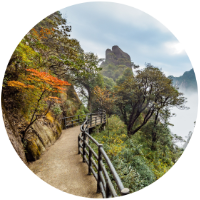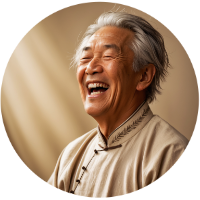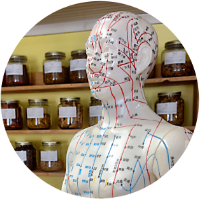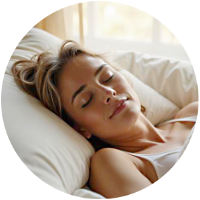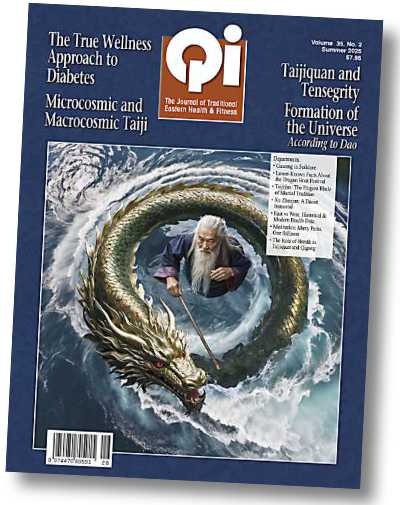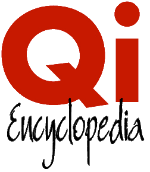Considering Acupuncture?
An Ancient Practice for Modern Times
If you’ve never tried acupuncture, you’re not alone. For many in the West, it still feels mysterious—something ancient and unfamiliar, with needles that stir up more curiosity than confidence. But acupuncture, one of the most well-known therapies in traditional Chinese medicine (TCM), is increasingly recognized as a safe, effective option for those seeking a natural approach to health.
 Acupuncture is based on the idea that the body’s vital energy, called "Qi", flows through channels known as meridians. When this flow becomes blocked or unbalanced, symptoms can arise—pain, fatigue, poor sleep, digestive issues, or even emotional discomfort. By inserting very fine needles into specific points on the body, acupuncture aims to restore that flow and support the body’s natural healing response.
Acupuncture is based on the idea that the body’s vital energy, called "Qi", flows through channels known as meridians. When this flow becomes blocked or unbalanced, symptoms can arise—pain, fatigue, poor sleep, digestive issues, or even emotional discomfort. By inserting very fine needles into specific points on the body, acupuncture aims to restore that flow and support the body’s natural healing response.
Although it may sound like folklore, acupuncture has been studied widely in modern times. Research supports its use for chronic pain, stress, migraines, insomnia, and many other conditions. Hospitals and clinics around the world now include it as part of integrated care. In many countries including the USA, acupuncturists are licensed professionals trained in both Chinese theory and modern anatomy.
Still, the experience is different from a typical doctor’s visit. Treatments often take place in a quiet, calming environment. The needles are thin—about the width of a human hair—and most people feel little more than a light sensation or dull ache when they’re inserted. After that, many describe a deep sense of relaxation, even during the first session.
Acupuncture is not just about treating illness; it’s about improving the overall balance of the body. Some people try it for pain or anxiety, and stay with it for better sleep, improved digestion, or simply to feel more grounded.
You don’t need to “believe” in it for it to work, it is even successfully used on animals. You just need to be open to experience it. For many first-timers, acupuncture offers something unexpected: a chance to slow down, listen to the body, and begin a new kind of conversation with health.
Vocabulary Guide
- Acupuncture (针灸 zhēnjiǔ) – A healing practice from Chinese medicine in which fine needles are inserted at specific points on the body to restore balance and encourage natural healing.
- Qi (气) – The body’s vital energy. Acupuncture works by regulating the flow of qi through specific pathways in the body.
- Meridians (经络 jīngluò) – Channels through which qi flows. Each one is associated with an organ system and linked to specific acupoints.
- Traditional Chinese Medicine (TCM 中医 zhōngyī) – A complete system of medicine developed over thousands of years in China, which includes acupuncture, herbal therapy, diet, movement, and lifestyle practices.

